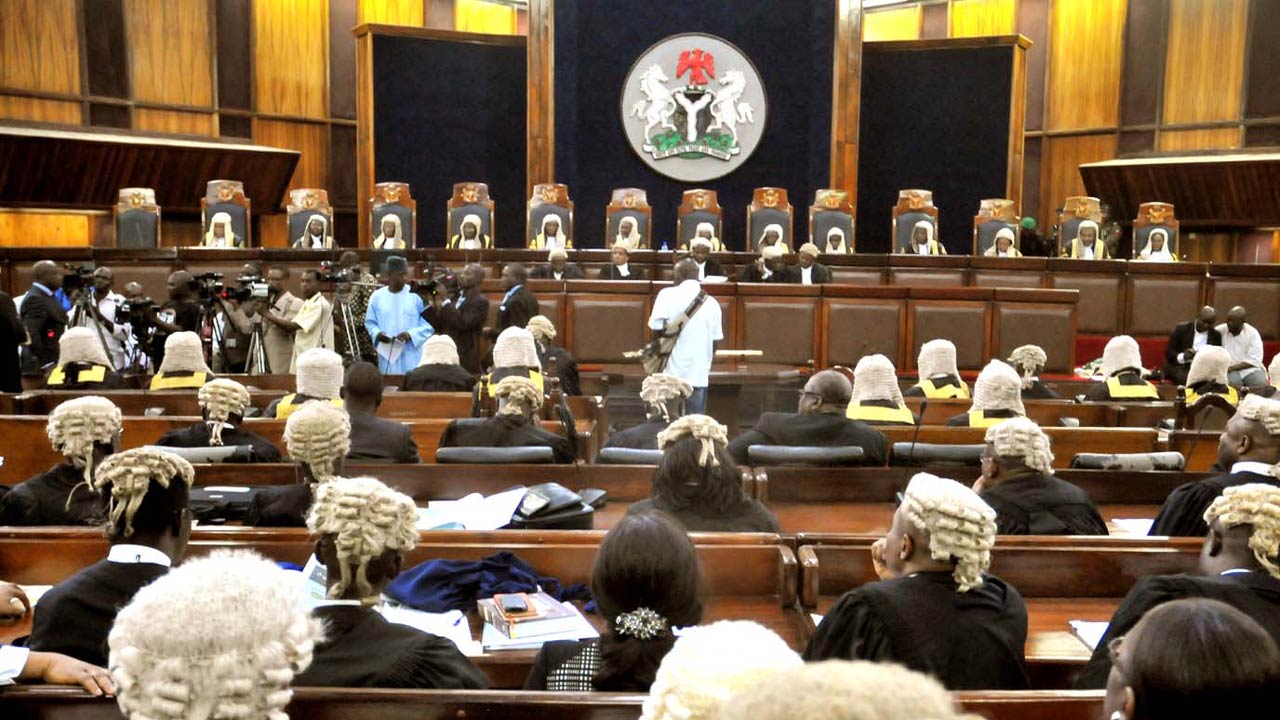
One thing can be said about the Buhari administration: it does not shy away from explaining why the social and economic challenges of ordinary citizens is not its problem.
Back in April 2016, Femi Adesina – the presidential spokesperson – glibly remarked that Nigerians who had been experiencing power failure should direct their complaints to pipeline vandals. A few weeks later, the Minister of information would also display his economic ingenuity by encouraging young men to seek career opportunities in his imaginary idea of a masquerade-dressing industry. This theme was continued last week when Professor Isaac Adewole, the Minister of Heath, responded to a question on residency for doctors by declaring that not all doctors would become specialists. In Antoinette fashion, he argued that ‘some [doctors] will be farmers, some will be politicians’. He then revealed that his own tailor was a trained doctor who ‘makes the best gown’. As always, Nigeria’s political satire writes itself.
But what these members of the Buhari administration have done – in the characteristic lack of subtlety by this government – was vocalise the typical attitude of Nigeria’s political elite to ordinary Nigerians. This attitude is fuelled by a perspective that ordinary Nigerians are lazy, dirty, reckless, undisciplined, stupid, ignorant, unambitious and, therefore, generally deserving of the poverty, illiteracy, disease, insecurity, and lack of access to social goods that befalls them. It is always the masses who are blamed for their problems and not the systemic conditions that have been created by the same political elite who do the blaming.
Every complex political society has an elite that influences or controls the direction of policy and governance. This is almost always an unavoidable consequence of the mechanics of society and politics. However, in more developed societies, the elite have learned – often the hard way – to define and respect laws that limit the overt exercise of their influence and privileges. In issues of economic growth, the elite in these societies have also come to understand that respecting the equal rights of citizens and promoting better systemic conditions creates a larger cake from which everyone – elite and ordinary citizens alike – can ultimately benefit. This understanding has motivated the elite in such societies to invest resources in financing scientific discoveries and inventions, supporting the arts and literature, and improving ease of doing business and trade.
In the book, 23 Things They Don’t Tell You About Capitalism, Ha-Joon Chang explains the dynamics of productivity and its relationship to the quality of a country’s elite. He explains why a bus driver in India, for example, may work longer hours and put in more effort than a bus driver in Sweden, and yet receive lower wages. The Indian driver may be a more skilful driver – having had to dodge cows and other obstacles that a Swedish driver may never face – and yet continue to be poorer than his Swedish counterpart. Why is this the case? Because, among other reasons, the Swedish driver is a beneficiary of the productivity of ‘top managers, scientists and engineers’ in Sweden who are ‘hundreds of times more productive than their Indian equivalents.’
A Nigerian street cleaner can be just as good as a Norwegian street cleaner, but is the head of Nigerian local government as good as the head of a Norwegian local government? And so, Chang argues, while poor people from poor countries are usually able to compete with their counterparts in rich countries, the rich people from poor countries cannot. He concludes that ‘instead of blaming their own poor…the rich of poor countries should ask themselves why they cannot pull the rest of their countries up as much as the rich of the rich countries do.’
The Nigeria elite are not interested in pulling up the country. They are only interested in their own irrational self-interests. They are a primitive money-grubbing class that make profit only by taking and moving around the country’s resources. They stifle commerce across board and then use political power to obtain monopolies, licenses and other economic access. This feudal, unproductive, and uninventive elite is what perpetuates the systemic challenges that ordinary Nigerians face: from a deteriorating educational sector to almost non-existent public utilities – never mind the death of sciences and arts. Our political elite simply lack capacity.
And because our political elite intuitively understand their own innate lack of capacity, they fear the development of ordinary Nigerians. This is why they will continue to encourage mediocrity and settling for less, celebrating dubious ovation and superficial awards for the basest of achievements. And so, we remain here, a country where the political elite lacks capacity to develop but continue to control access to power. The only rational conclusion is continued socio-political disasters until mass agitations propel systemic and constitutional reforms.
[ad unit=2]






